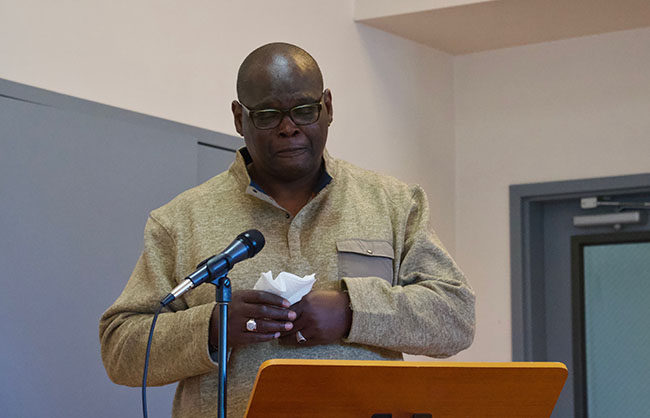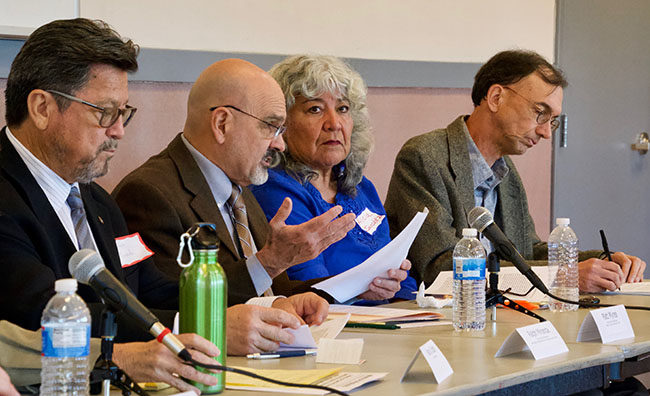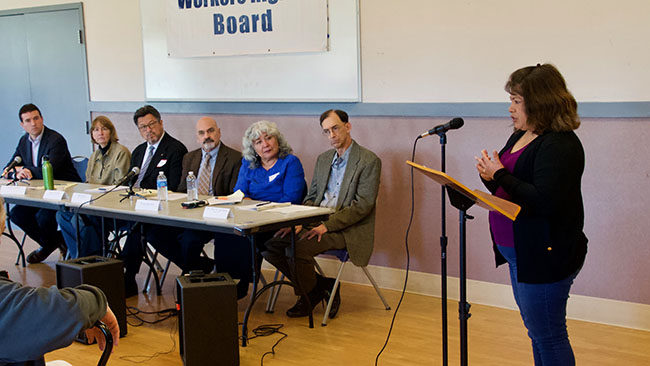For the second time in 15 months, Brius owner Shlomo Rechnitz is reported to have been the victim of an investment scam.
In December, 2016, the Wall Street Journal reported that Rechnitz appeared to be on the losing end of what federal investigators say is one of the biggest investment frauds since Bernard Madoff’s ponzi scheme.
Now Rechnitz is suing Mobil Media, a firm he claims tricked him into investing $4.75 million by overstating an investment made by Leonardo DiCaprio, according to the Hollywood Reporter.
“Defendants’ scheme created the false appearance that Mobil was a well-capitalized business with investor support from renown investors and celebrities,” his attorney Patricia Glaser wrote in a complaint posted by the paper.
Rechnitz’s legal team cited o a 2011 news release claiming that the actor was part of a group that invested $3 million in the company, but Bloomberg later reported that DiCaprio invested less than $10 for almost a million shares.
Among other claims, Rechnitz is suing for negligent misrepresentation and unjust enrichment – two subjects with which he is well acquainted.
Last year his insurance company sued him, charging that Rechnitz and Brius officials had misrepresented its own track record. In his insurance application for one of his nursing homes, Rechnitz failed to disclose that an investigation launched by State Attorney General Kamala Harris found that the home had provided “grossly negligent” care to James Populus, which contributed to his death.
The National Union of Healthcare Workers filed a complaint last year after finding that Brius also failed to disclose “adverse actions” on its applications to take over at 22 nursing homes dating back to 2014.
Moreover, In a separate lawsuit called “Foreman vs. Rechnitz,” current and former residents at 55 Brius homes are suing Rechnitz accusing his nursing home company of deceiving them about its patient-care track-record when they sought care at the Brius facilities.
The case, “Foreman vs. Rechnitz” alleges that during residents’ admissions process, Brius and Rechnitz concealed the fact that Brius “has a long history of being serial violators of skilled nursing industry laws.” It also alleges that Rechnitz “actively and intentionally concealed from [residents]… the material facts relating to the chronic understaffing” and that “this concealment… was intended to deceive… [residents] into believing that [Brius] facilities were properly staffed to induce… class members into becoming residents of [Brius] facilities.”
News of the Rechnitz’s lawsuit against Mobil came just days after caregivers and nursing home residents testified that Brius homes in Marin County are chronically understaffed and under-resourced.
Given that Rechnitz, who is worth about $2.5 billion according to the Hollywood Reporter article, was willing to invest millions in a media company because it claimed to have the backing of a Hollywood star, one must ask: What will it take Rechnitz to invest in his own nursing homes?









